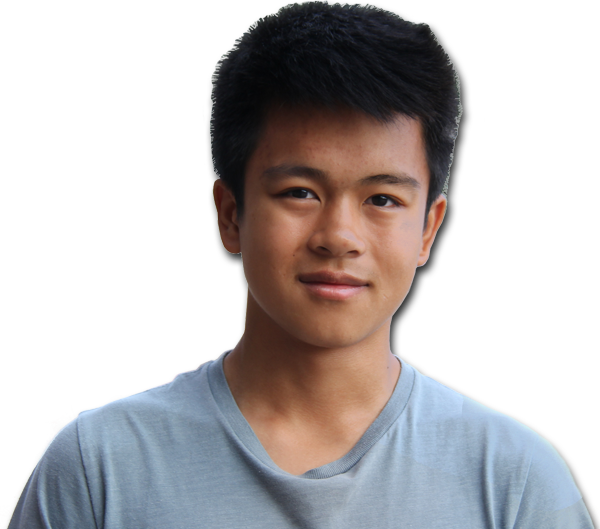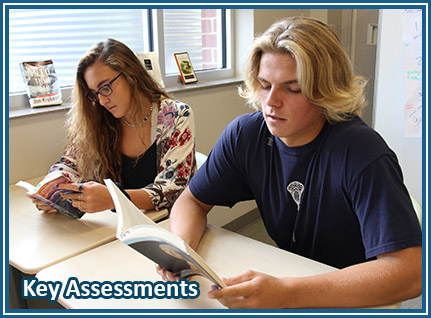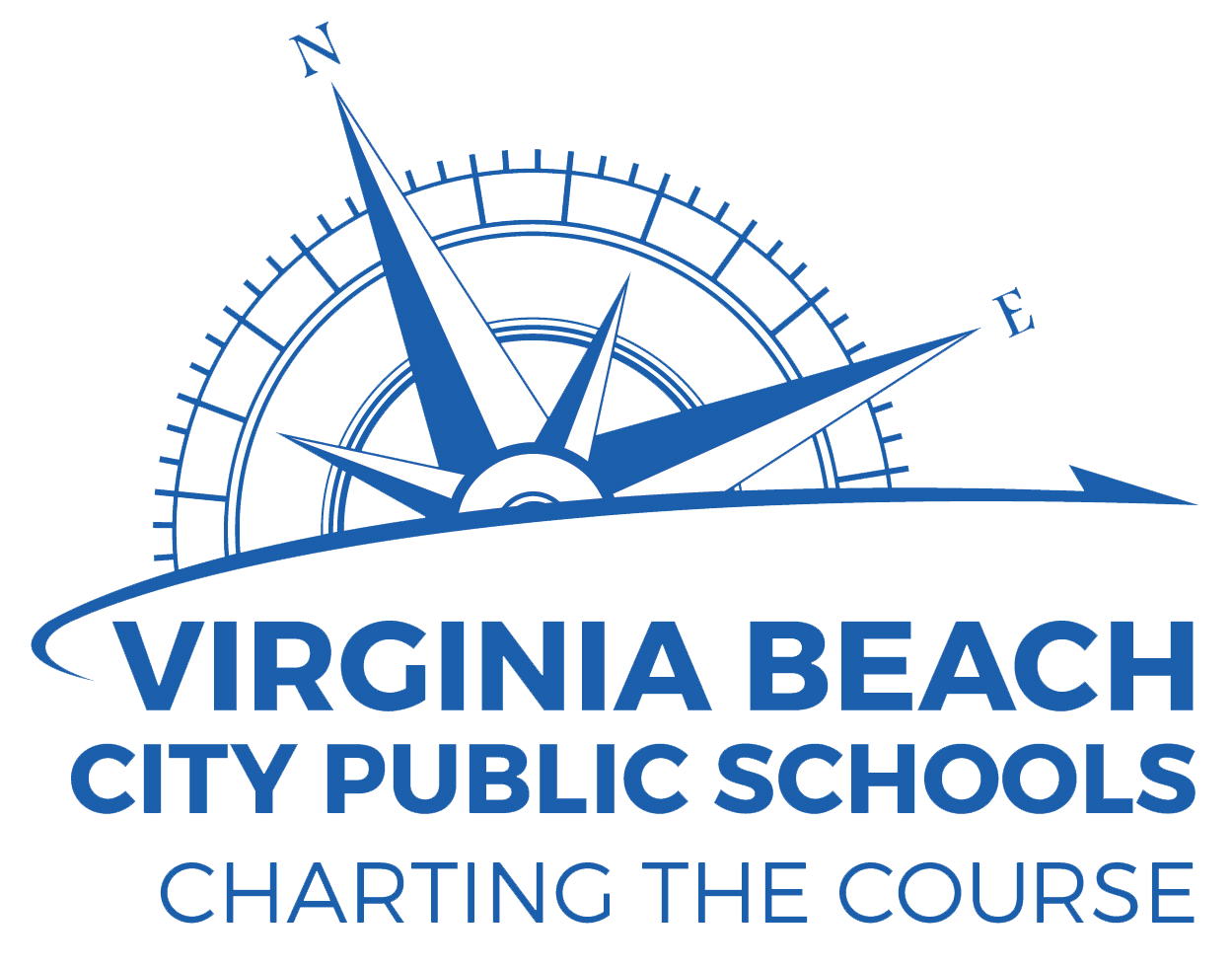For students interested in attending a high school academy or advanced academic program, the 10th grade year is the last year of entry into these programs. The school division offers eight different academy and advanced academic programs that provide students with skills and experience aligned with specific career areas such as legal studies; health sciences; visual and performing arts; global studies and world languages; science, technology, engineering and math (STEM); and technology, as well as entrepreneurship and business. Current ninth-grade students who wish to pursue this option should reach out to the academy of interest to discuss possible options prior to January, when applications are typically due.
Learn More
The 10th-grade year also offers students a variety of options for expanding their academic horizons beyond the core content areas into more specialized and technical courses available at the
Advanced Technology Center and the
Virginia Beach Technical and Career Education Center. Students may also take advantage of a wide variety of technical and career education courses offered at their home school. Whether a student chooses a center or home school path, these courses provide students with the opportunity to gain important workplace readiness and industry certifications. Career and technical education courses allow students to extend their learning by providing students with co-curricular clubs, job shadowing, internship, or cooperative work experiences.
In addition, students in grades nine through 12 are eligible to attend the
Governor's School for the Arts in Norfolk, Virginia. Students must complete an application and audition for the intensive programs in dance, music, musical theatre, theatre and visual arts. The applications are available from the school all year and are typically due in December with the adjudication process taking place in January. Students take academic classes at their regular high schools in the morning and attend the Governor�s School for the Arts for three hours every afternoon during the regular school year. For each year they attend, students may earn three credits.
Learn More






